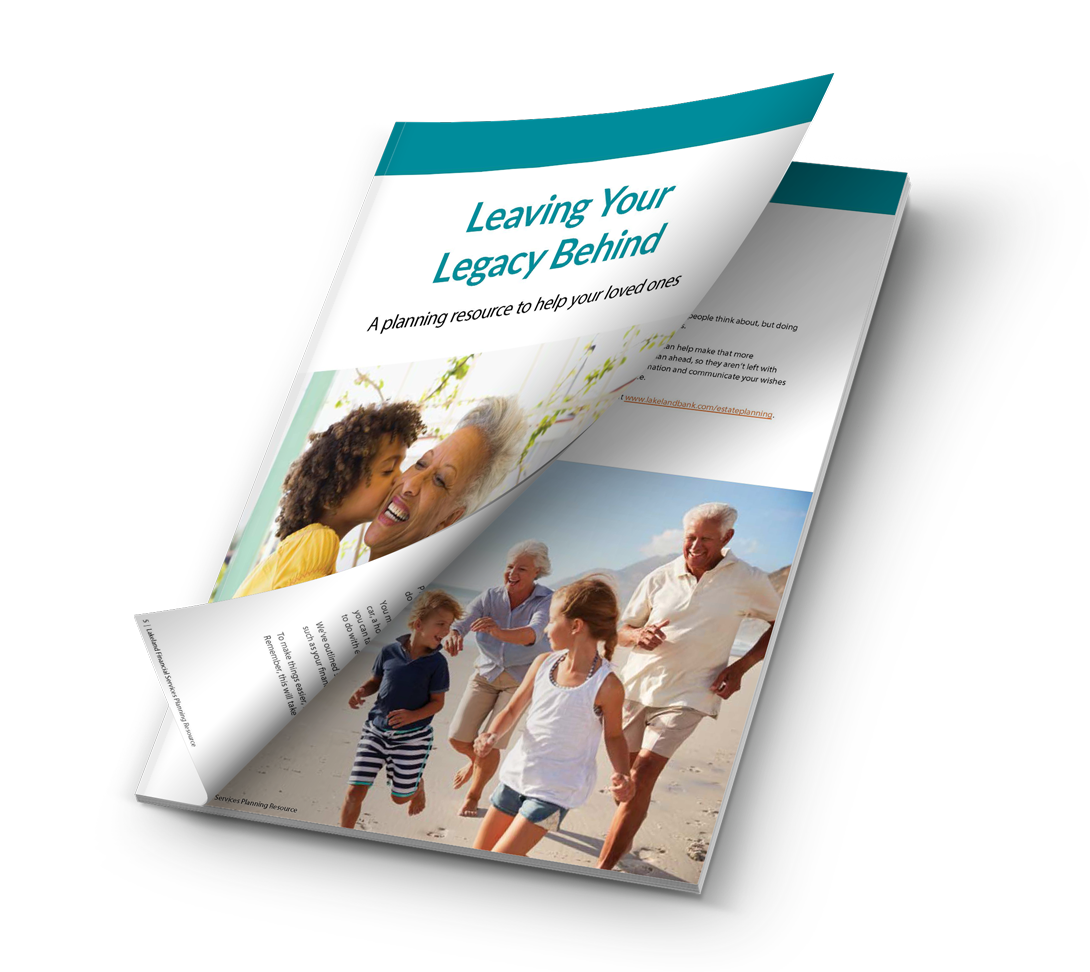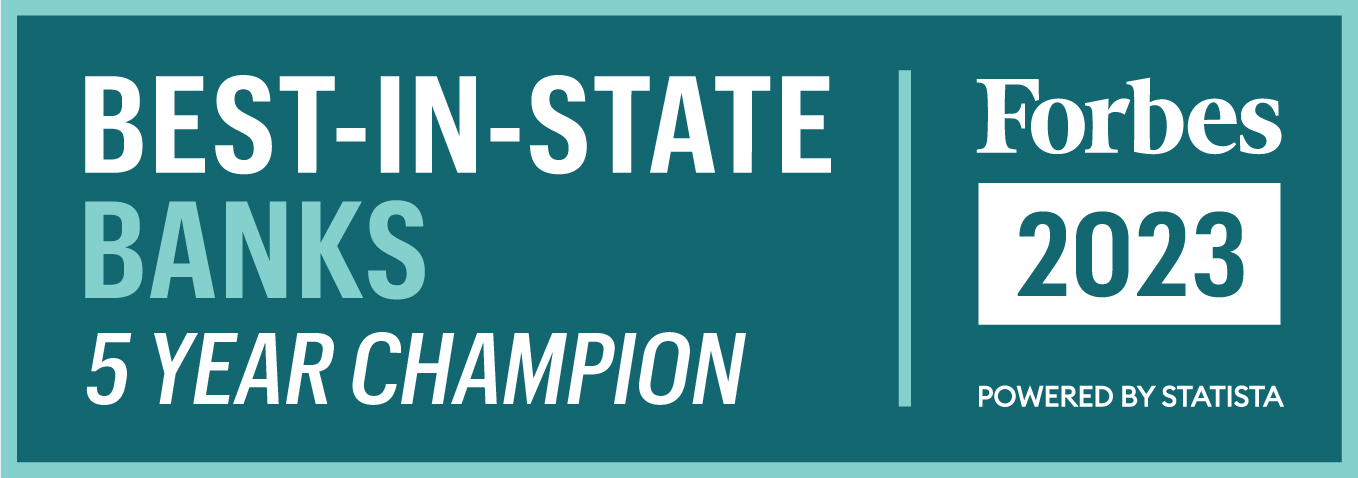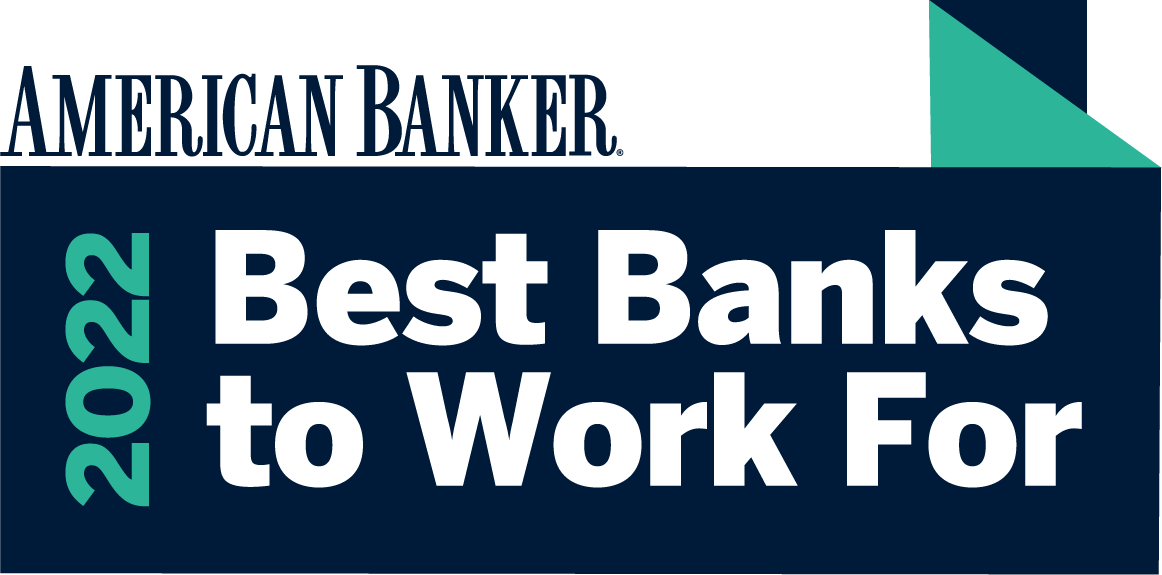Approximately 67 million people today receive some form of Social Security benefits, including retirement, disability, survivor, and family benefits. (Source: Fast Facts & Figures About Social Security, 2018) Although most people receiving Social Security are retired, you and your family members may be eligible for benefits at any age, depending on your circumstances.
How does Social Security work?
The Social Security system is based on a simple premise: Throughout your career, you pay a portion of your earnings into a trust fund by paying Social Security or self-employment taxes. Your employer, if any, contributes an equal amount. In return, you receive certain benefits that can provide income to you when you need it most--at retirement or when you become disabled, for instance. Your family members can receive benefits based on your earnings record, too. The amount of benefits that you and your family members receive depends on several factors, including your average lifetime earnings, your date of birth, and the type of benefit that you're applying for.
Your earnings and the taxes you pay are reported to the Social Security Administration (SSA) by your employer, or if you are self-employed, by the Internal Revenue Service. The SSA uses your Social Security number to track your earnings and your benefits.
You can find out more about future Social Security benefits by signing up for a my Social Security account at the Social Security website, ssa.gov, so that you can view your online Social Security Statement. Your statement contains a detailed record of your earnings, as well as estimates of retirement, survivor, and disability benefits. If you're not registered for an online account and are not yet receiving benefits, you'll receive a statement in the mail every year, starting at age 60. You can also use the Retirement Estimator calculator on the Social Security website, as well as other benefit calculators that can help you estimate disability and survivor benefits.
Social Security eligibility
When you work and pay Social Security taxes, you earn credits that enable you to qualify for Social Security benefits. You can earn up to 4 credits per year, depending on the amount of income that you have. Most people must build up 40 credits (10 years of work) to be eligible for Social Security retirement benefits, but need fewer credits to be eligible for disability benefits or for their family members to be eligible for survivor benefits.
Your retirement benefits
Your Social Security retirement benefit is based on your average earnings over your working career. Your age at the time you start receiving Social Security retirement benefits also affects your benefit amount. If you were born between 1943 and 1954, your full retirement age is 66. Full retirement age increases in two-month increments thereafter, until it reaches age 67 for anyone born in 1960 or later.
But you don't have to wait until full retirement age to begin receiving benefits. No matter what your full retirement age, you can begin receiving early retirement benefits at age 62. Doing so is sometimes advantageous: Although you'll receive a reduced benefit if you retire early, you'll receive benefits for a longer period than someone who retires at full retirement age.
You can also choose to delay receiving retirement benefits past full retirement age. If you delay retirement, the Social Security benefit that you eventually receive will be as much as 8 percent higher. That's because you'll receive a delayed retirement credit for each month that you delay receiving retirement benefits, up to age 70. The amount of this credit varies, depending on your year of birth.
Disability benefits
If you become disabled, you may be eligible for Social Security disability benefits. The SSA defines disability as a physical or mental condition severe enough to prevent a person from performing substantial work of any kind for at least a year. This is a strict definition of disability, so if you're only temporarily disabled, don't expect to receive Social Security disability benefits--benefits won't begin until the sixth full month after the onset of your disability. And because processing your claim may take some time, apply for disability benefits as soon as you realize that your disability will be long term.
Family benefits
If you begin receiving retirement or disability benefits, your family members might also be eligible to receive benefits based on your earnings record. Eligible family members may include:
- Your spouse age 62 or older, if married at least 1 year
- Your former spouse age 62 or older, if you were married at least 10 years
- Your spouse or former spouse at any age, if caring for your child who is under age 16 or disabled
- Your children under age 18, if unmarried
- Your children under age 19, if full-time students (through grade 12) or disabled
- Your children older than 18, if severely disabled
Each family member may receive a benefit that is as much as 50 percent of your benefit. However, the amount that can be paid each month to a family is limited. The total benefit that your family can receive based on your earnings record is about 150 to 180 percent of your full retirement benefit amount. If the total family benefit exceeds this limit, each family member's benefit will be reduced proportionately. Your benefit won't be affected.
Survivor benefits
When you die, your family members may qualify for survivor benefits based on your earnings record. These family members include:
- Your widow(er) or ex-spouse age 60 or older (or age 50 or older if disabled)
- Your widow(er) or ex-spouse at any age, if caring for your child who is under 16 or disabled
- Your children under 18, if unmarried
- Your children under age 19, if full-time students (through grade 12) or disabled
- Your children older than 18, if severely disabled
- Your parents, if they depended on you for at least half of their support
Your widow(er) or children may also receive a one-time $255 death benefit immediately after you die.
Applying for Social Security benefits
The SSA recommends apply for benefits online at the SSA website, but you can also apply by calling (800) 772-1213 or by making an appointment at your local SSA office. The SSA suggests that you apply for benefits three months before you want your benefits to start. If you're applying for disability or survivor benefits, apply as soon as you are eligible.
Depending on the type of Social Security benefits that you are applying for, you will be asked to furnish certain records, such as a birth certificate, W-2 forms, and verification of your Social Security number and citizenship. The documents must be original or certified copies. If any of your family members are applying for benefits, they will be expected to submit similar documentation. The SSA representative will let you know which documents you need and help you get any documents you don't already have.
A community bank is a great resource to learn about financial planning. Our financial advisors can offer insight and ideas to help you pursue both short and long-term objectives. For more information or to set up an appointment, visit our website, call 866-224-1379 or visit any of our office locations.
The pain of losing a loved one is one of the most difficult things to go through. For beneficiaries, an added stressor can be locating information to properly address estate matters – and having to guess what their loved one may have wanted. Fortunately, with careful and detailed planning, we can help lift the burden for your loved ones by organizing key information about your assets as well as your final wishes – all in one convenient place.Download Our Free Estate Planning Guide

Prepared by Broadridge Advisor Solutions Copyright 2019.
*Securities offered through Raymond James Financial Services, Inc., Member FINRA/SIPC, and are not insured by bank insurance, the FDIC or any other government agency, are not deposits or obligations of the bank, are not guaranteed by the bank, and are subject to risks, including the possible loss of principal. Lakeland Bank and the investment center are not registered broker/dealers and are independent of Raymond James Financial Services.
Links are being provided for information purposes only. Raymond James is not affiliated with and does not endorse, authorize or sponsor any of the listed websites or their respective sponsors. Raymond James is not responsible for the content of any website or the collection or use of information regarding any website's users and/or members.
Raymond James financial advisors may only conduct business with residents of the states and/or jurisdictions for which they are properly registered. Therefore, a response to a request for information may be delayed. Please note that not all of the investments and services mentioned are available in every state. Investors outside of the United States are subject to securities and tax regulations within their applicable jurisdictions that are not addressed on this site.




